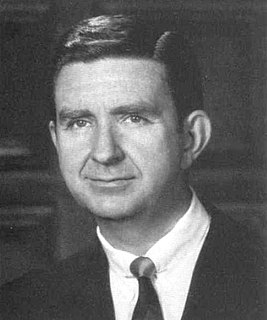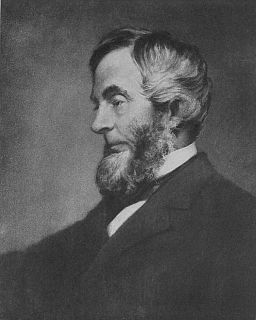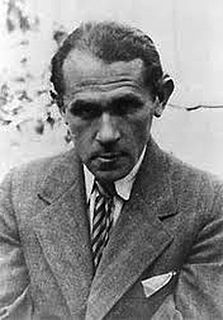A Quote by Jean de la Bruyere
We need not envy certain people their great wealth; they acquired it at a heavy cost, which would not suit us; they staked their rest, their health, their honour and their conscience to acquire it, the price is too high, and there is nothing to be gained by such a bargain.
Related Quotes
Wealth brings noble opportunities, and competence is a proper object of pursuit; but wealth, and even competence, may be bought at too high a price. Wealth itself has no moral attribute. It is not money, but the love of money, which is the root of all evil. It is the relation between wealth and the mind and the character of its possessor which is the essential thing.
Weakness for wealth and for collecting and owning things of different kinds; the urge for physical (sensuous) enjoyment; the longing for honour, which is the root of envy; the desire to conquer and be the deciding factor; pride in the glory of power; the urge to adorn oneself and to be liked; the craving for praise; concern and anxiety for physical well-being. All these are of the world; they combine deceitfully to hold us in heavy bonds.
We looked into the abyss if the gold price rose further. A further rise would have taken down one or several trading houses, which might have taken down all the rest in their wake. Therefore at any price, at any cost, the central banks had to quell the gold price, manage it. It was very difficult to get the gold price under control but we have now succeeded. The US Fed was very active in getting the gold price down. So was the U.K.
Passive commerce . . . should thus . . . [compel us] to content ourselves with the first price of our commodities, and to see the profits of our trade snatched from us, to enrich our enemies and persecutors. That unequalled spirit of enterprise . . . an inexhaustible mine of national wealth, would be stifled and lost; and poverty and disgrace would overspread a country, which, with wisdom, might make herself the admiration and envy of the world.
Although there is nothing so bad for conscience as trifling, there is nothing so good for conscience as trifles. Its certain discipline and development are related to the smallest things. Conscience, like gravitation, takes hold of atoms. Nothing is morally indifferent. Conscience must reign in manners as well as morals, in amusements as well as work. He only who is "faithful in that which is least" is dependable in all the world.
Conscience is the voice of the soul, the passions are the voice of the body. Is it astonishing that often these two languages contradict each other, and then to which must we listen? Too often reason deceives us; we have only too much acquired the right of refusing to listen to it; but conscience never deceives us; it is the true guide of man; it is to man what instinct is to the body; which follows it, obeys nature, and never is afraid of going astray.
There are people who strictly deprive themselves of each and every eatable, drinkable, and smokable which has in any way acquired a shady reputation. They pay this price for health. And health is all they get for it. How strange it is. It is like paying out your whole fortune for a cow that has gone dry.








































